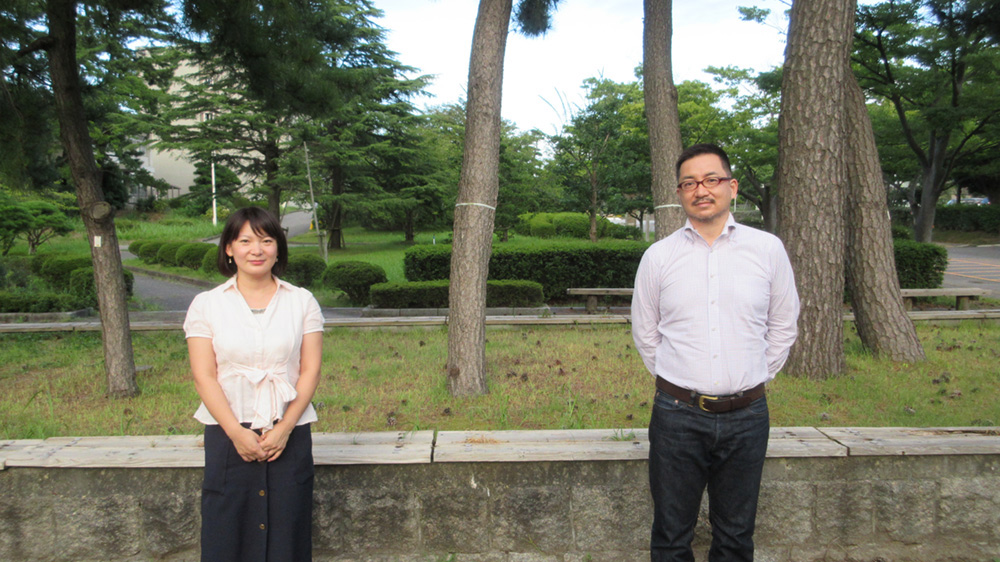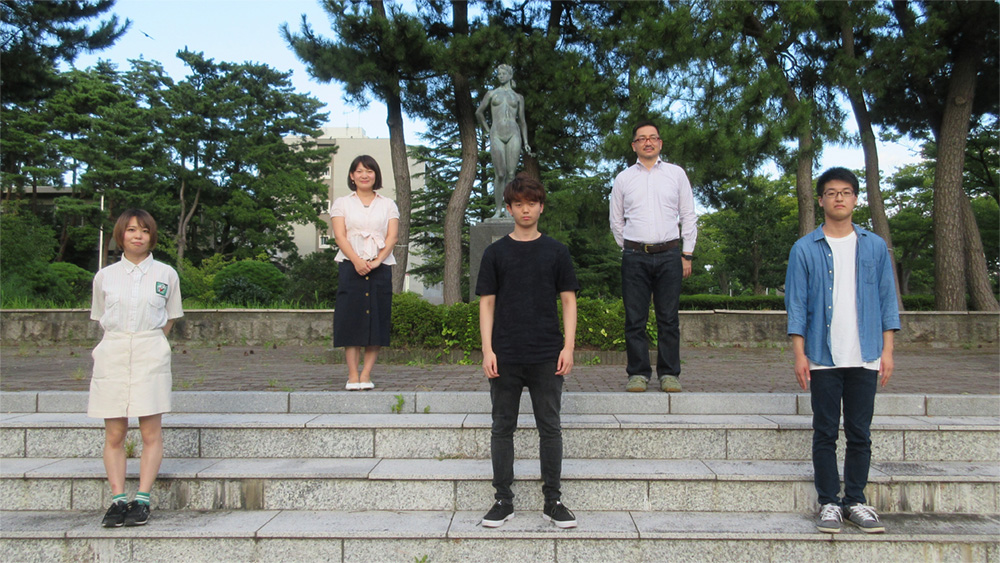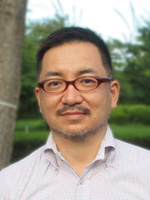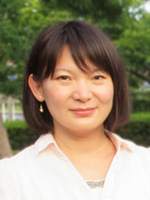[Interview] Connections Worth Knowing Between Niigata University and SMEs – ARIMOTO Satoshi & ZHANG Wenting

SMEs account for around 99% or more of the total number of companies in Japan. However, large companies are often the subject when discussing management and organization. Additionally, with many students believing it would be better to work for a large company than an SME, what is the significance of regional national universities making SMEs a target in their research and education?
Niigata Prefecture key in noticing how interesting SMEs are
――Please explain a little about the background, establishment, and organization of the SMEs Knowledge Network Center (hereinafter referred to as the “Center”).
Zhang Not all universities target SMEs for research or education, so I believe it is significant that Niigata University, which is a regional national university, is conducting research on SMEs. Also, the Center’s activities began with an idea from the humanities department of starting a movement for collaboration between industry and academia.
Arimoto University faculty members work on research alone, like sole proprietors, but there was a trend several years ago to bring together people from various fields at a general university to engage more actively in research. Also, many faculty members at the Faculty of Economics (now the Faculty of Economic Sciences) talk about large corporations in their classes, but when I work in Niigata Prefecture, I often interview and talk to SMEs. So I started to form a research group taking the perspective of SMEs.
――So you research SMEs because it’s a regional university?
Arimoto It’s not because it’s a regional university. Of course, unlike universities in Tokyo and Osaka, Niigata University is a regional university, but when we thought about how to make that point a strength, I think an important factor was the fact that Niigata Prefecture’s SME economy is stronger than you might imagine.
――So the research on SMEs came about not because the university was a regional one, but because the location was Niigata Prefecture. Were you both interested in SMEs from the beginning?
Arimoto When I first came to Niigata Prefecture after graduating from university in Tokyo, I wasn’t very interested in SMEs. However, the longer I lived in Niigata, I had more and more opportunities to talk with many business managers and – being an accountant myself – also meet with tax accountants, and so my interest in SMEs gradually increased.
Zhang I’m a humanities graduate, and as a student I was interested in the field of cross-cultural comparison through media, so I naturally looked at large companies. It wasn’t until last year, when I joined the Faculty of Economics, that I became interested in SMEs.
What companies want from students is not just fresh ideas
――The Business Idea Competition was held last year. What kinds of ideas do companies need from students, who still have limited knowledge about business and companies?
Zhang Faculty members are always researching and analyzing a given field in depth, so it often is the case that students have more novel ideas. In fact, I believe that companies also need the novel ideas that come from students’ perspectives. Students don’t hesitate to propose even ideas that would normally be difficult to implement, so students’ ideas are also necessary in terms of their audacity.
――So companies need original ideas from students. What are your thoughts on this, Prof. Arimoto?
Arimoto I think it’s important for the older generation to realize that students’ original opinions are not necessarily special and that younger people also think the same things. Of course, uniquely student ideas are wonderful, but I think that companies need to have shared opinions, just as they need fresh ideas. In fact, it seems there are many companies that view even just meeting young people as a good opportunity.
――That should make it easier for students to come up with ideas.
Bigger not always better for a company
――What is good about SMEs?
Zhang The sense of speediness in an SME is different from that in a large company. Large companies have many employees, so when starting a new project, it can be difficult to get started because of the various gaps that exist and the time it takes to share information from top to bottom and back again. On the other hand, SMEs have the advantage in terms of staff being close to their managers, which makes it easier to get their opinions across, and also having the flexibility to start new projects right away.
――So it is their small size that provides SMEs with their advantage. What are your thoughts, Prof. Arimoto?
Arimoto I also feel that there are many cases where a business being small is meaningful. There is no doubt that they are operating without placing value on simply being large enough. This could be due to a number of factors, such as the bursting of the economic bubble and the declining population, but I feel that the strength of SMEs lies in being small.
Different countries have different perceptions of SMEs
――Niigata University has exchanges with overseas companies and universities. Are there any differences in the perceptions of SMEs between Japan and other countries?
Zhang One of the directions that the Center aims to head in is that of an international network, and so far we have engaged in joint research with professors mainly from South Korea and Taiwan, and there have been many opportunities for human exchange. To give one example, many SMEs in Niigata are involved in local events such as the Nagaoka Fireworks Festival and the Niigata Sake Fair. On the other hand, at the Harbin Beer Festival in China, which is a major local event, I heard from a local teacher that SMEs are not involved much and large companies continue to have the influence. This means that perceptions and expectations of SMEs differ slightly from country to country.
――So in some countries, SMEs are in a different position from large companies.
Communicating the appeal of SMEs and the role of research at university
――What do you hope to communicate through your future research activities?
Arimoto Today, universities are being asked to communicate more to the rest of the world about their activities on campus, and that’s an area where they are struggling. The Center has the role of contributing to society while exhibiting the strengths of the university. Naturally we want people to know how interesting SMEs are, but I think we also must communicate the role that research activities at the university have in society.
Zhang Niigata Prefecture has a number of industrial clusters, and there are many experts who are involved with them. In addition to the one at Niigata University, there are five other consultative organizations in Japan that the Center promotes, as well as consultative organizations overseas in South Korea and Taiwan, and in the future China and Russia plan to join, so I would like to let others know that they can obtain various connections through the Center.
――Listening to you both has made me more interested in SMEs. Thank you very much for your valuable insights today.
Profile
Interview date: September 1, 2020
Interview/text: SAKATA Kousei (Undergraduate student, Faculty of Economics)

(Front row) Interviewers
Related Link:
SMEs Knowledge Network

 ARIMOTO Satoshi
ARIMOTO Satoshi ZHANG Wenting
ZHANG Wenting